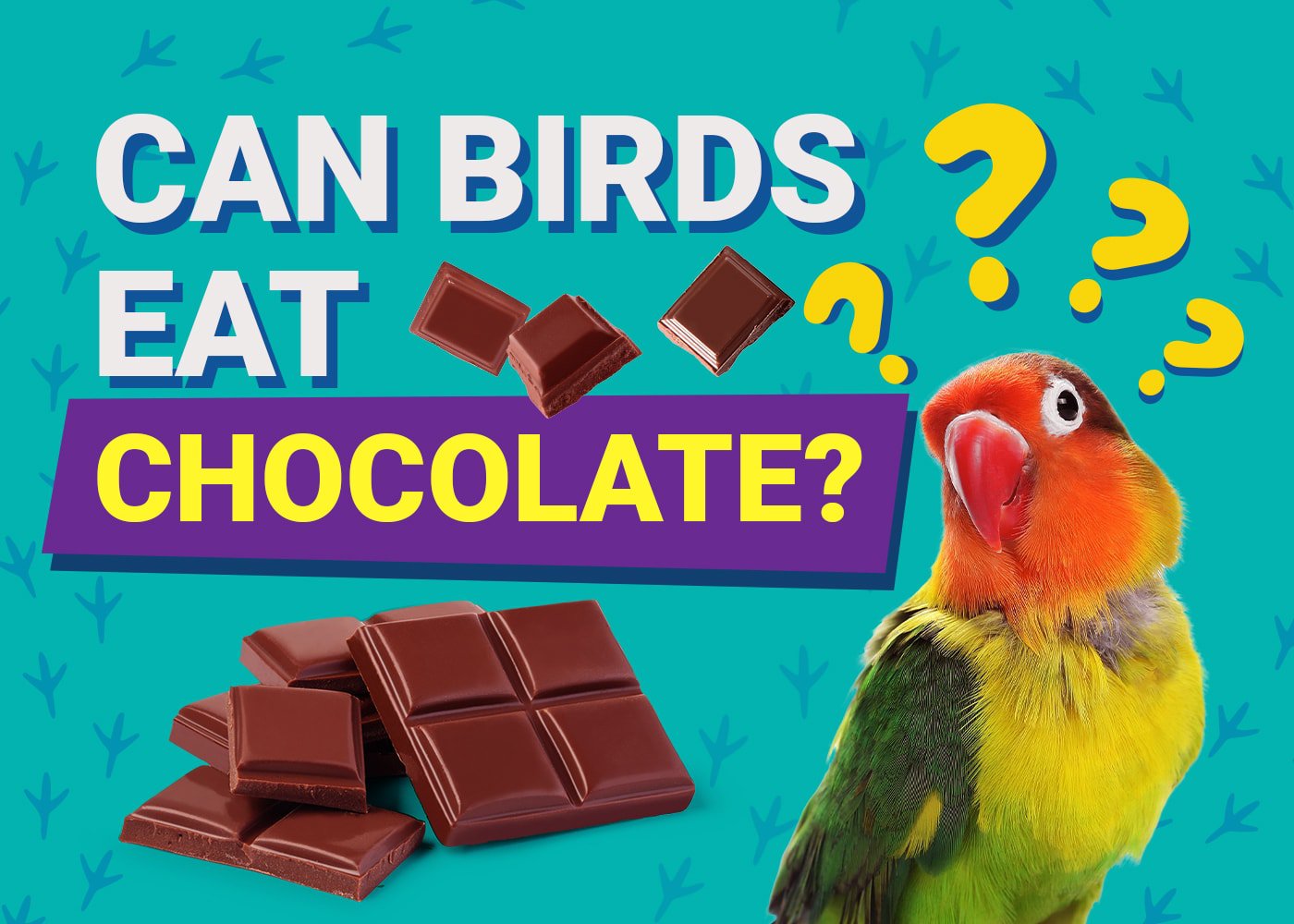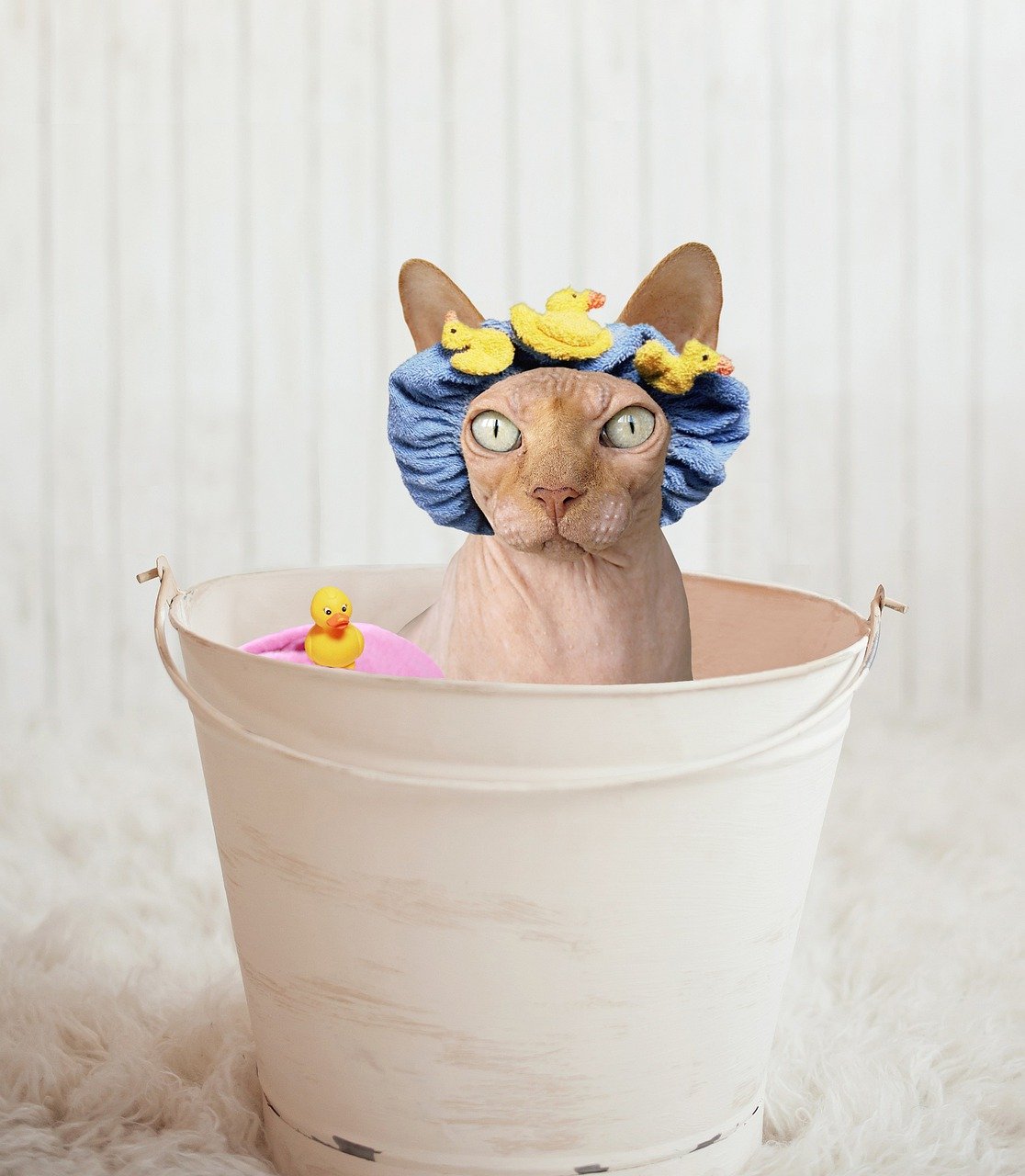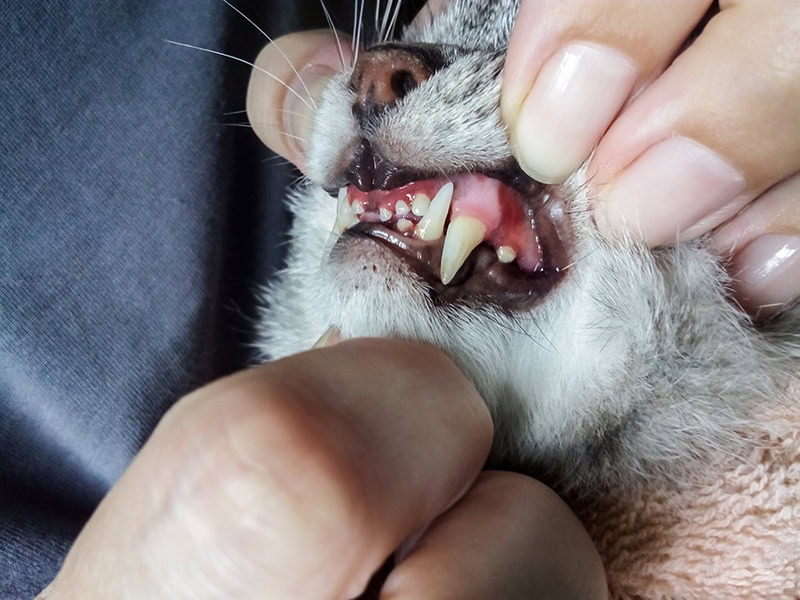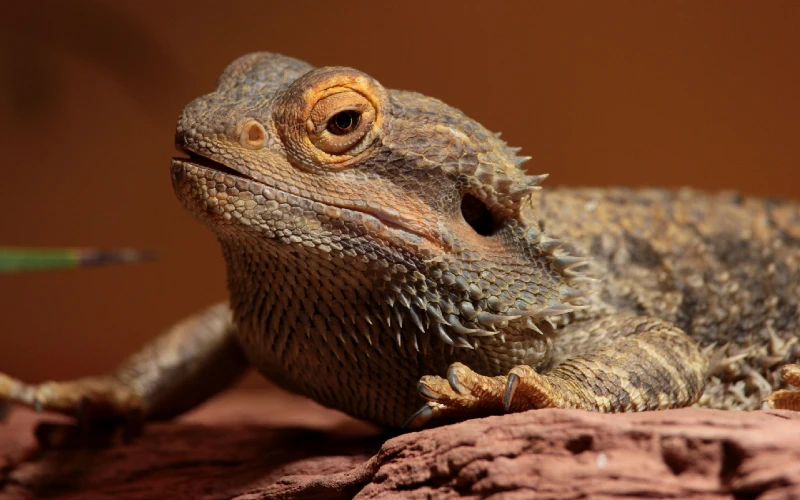Click to Skip Ahead
Though not a commonly asked question, if you are a bird owner or bird lover, you may be wondering—can birds eat chocolate? The short answer is, no. Birds should never eat chocolate of any kind or in any amount. Let’s find out why, and what to do if your bird does consume chocolate.
Even though some birds may find it very tempting to share your chocolate bar with you, it can be very dangerous for them. Chocolate contains theobromine, a member of the methylxanthine chemical class, and caffeine, both of which are stimulants and can be very detrimental to your bird’s health.
Even in very small amounts, chocolate can be toxic to birds.1 It can cause them vomiting, diarrhea, increased heart rate, hyperactivity, tremors, seizures, and even death. In fact, eating chocolate is even less safe for birds than it is for dogs and cats.

What Should You Do if Your Pet Bird Consumes Chocolate?
If your bird does happen to consume chocolate of any amount or variety, you should immediately call your vet. After just a few hours, the chocolate’s toxicity can affect your bird’s central nervous system. Even if your bird shows no symptoms, a call to the vet should be in order. You will need to know what type of chocolate, and an approximate idea of how much, your avian friend has consumed.
Are All Types of Chocolate Dangerous?
All chocolate can be dangerous for birds. Dark chocolate, in particular, contains much higher levels of theobromine (200mg per 28 grams) than milk chocolate (60mg per 28 grams). For this reason, the higher the percentage of cacao in the chocolate, the more dangerous it is for your bird. Even white chocolate is not healthy for birds, because of its sugar and dairy content.
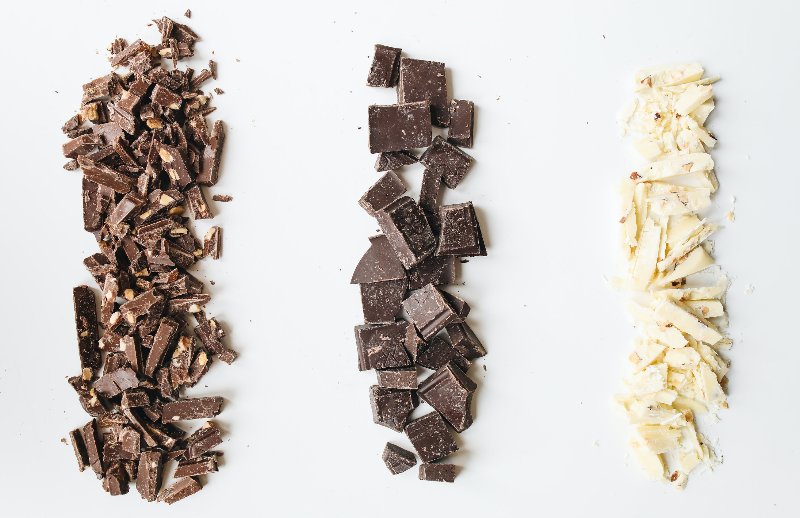
Is Chocolate Dangerous to All Species of Birds?
Chocolate is unsafe for all bird species. But, as with most toxins, the bird’s weight ultimately determines how much chocolate they can consume before it seriously affects them. As a general rule, feeding birds any chocolate should be avoided altogether for all bird types—from the wild birds that may come to your feeder, to that boisterous cockatoo, to your backyard chicken—as chocolate is a very dangerous and unsafe treat for all of them.
What Treatment Options Are Available for Birds Who Have Eaten Chocolate?
If your bird consumes chocolate, it is best to call the vet immediately. Do not wait until symptoms begin, as the chances of saving your bird’s life will diminish greatly.
Most likely, the vet will first induce vomiting in your bird. After that, they will sometimes use activated charcoal to direct any toxins left in the body to the bowel area. Next, they will typically rehydrate your bird. In severe cases, IV fluids/medication may be used to control your bird’s heart rate and seizure activity.
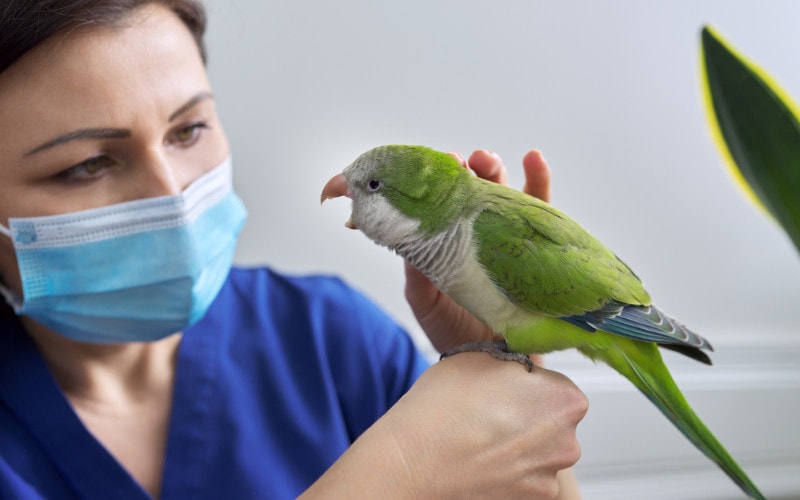
Other Foods to Avoid Feeding Your Birds
Along with chocolate, there are several other foods and drinks that you should avoid feeding your bird, including:
- Avocados
- Salt
- Fat
- Fruit pits and apple seeds
- Caffeine (include coffee, tea, and soda pop)
- Onions and garlic
- Uncooked beans
- Dairy (although not toxic, can cause diarrhea)
- Xylitol

Summary
The bottom line is: chocolate—of any kind and in any amount—is unsafe to feed birds.
Luckily, there are plenty of alternatives of safer snack foods to offer birds. Instead of sharing your brownie or chocolate bar with your feathery friend, offer them sugary fruits instead. Birds often enjoy mangos, grapes, cantaloupe, bananas, and apples (with the seeds removed). There are so many healthy alternatives that birds can enjoy, that are not detrimental to their health—most of which are better for your health too!
Featured Image Credit: Tetiana Bykovets, Unsplash
